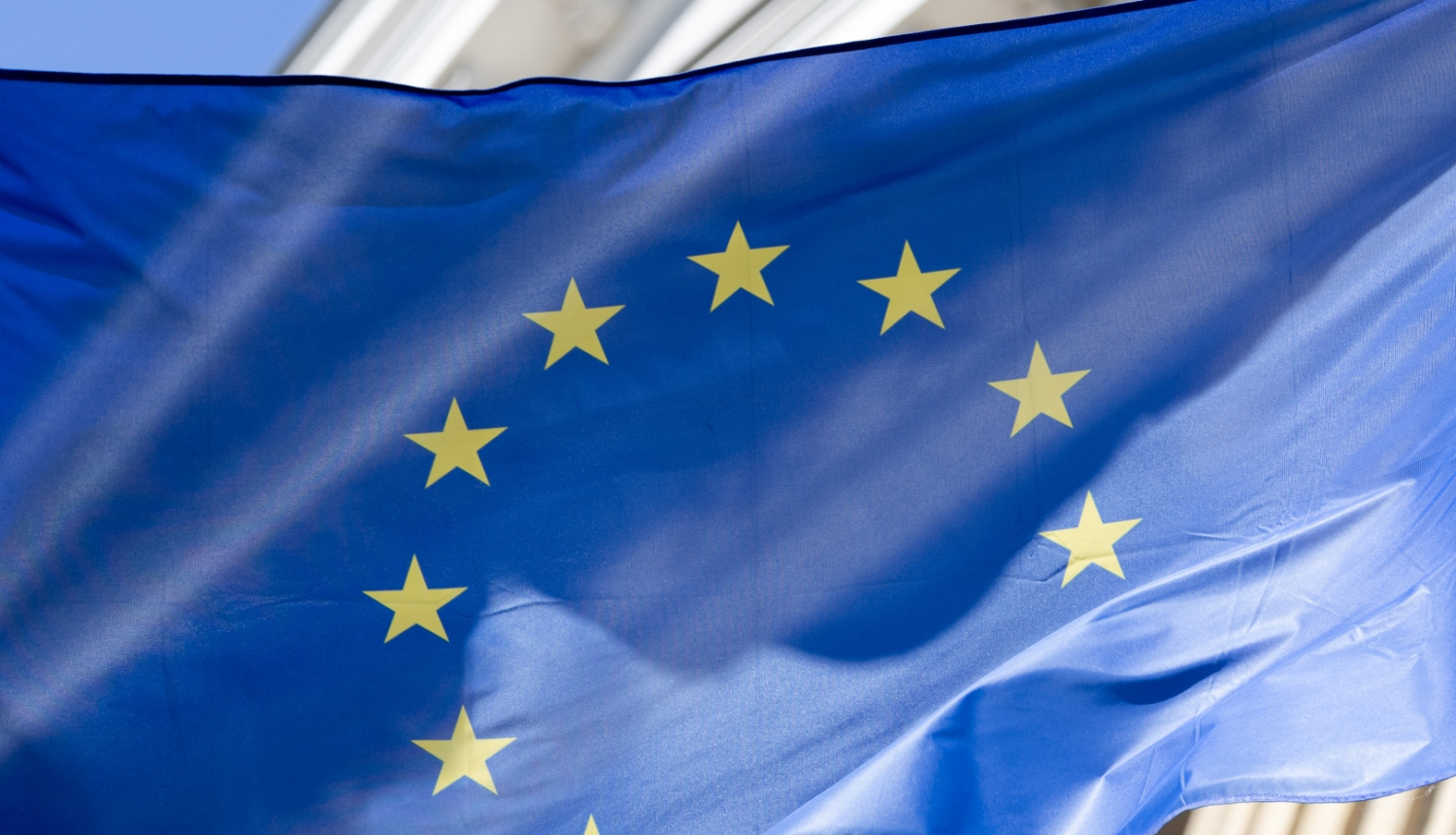On 29 and 30 August 2025, in Copenhagen, Denmark, the Minister of Foreign Affairs of Latvia, Baiba Braže, and the Parliamentary secretary of the Ministry of Foreign Affairs, Artjoms Uršuļskis, are taking part in an informal meeting of the European Union (EU) foreign affairs ministers in the Gymnich format.
Its agenda covers several issues:
- Russian aggression against Ukraine. Foreign affairs ministers will discuss diplomatic efforts towards a just and lasting peace, the EU’s further support for Ukraine, as well as sanctions and other restrictive instruments to increase pressure on Russia, especially the fight against its shadow fleet.
- Immobilised assets of the Central Bank of Russia. The ministers intend to have an exchange on the use of proceeds from the immobilised assets of the Central Bank of Russia in support of Ukraine.
- The Situation in the Middle East. The heads of EU Member State delegations will discuss developments in the Middle East, especially on the Gaza Strip.
The ministers will hold an exchange of views on decision-making under the EU’s Common Foreign and Security Policy and coordination ahead of the high-level week of the UN General Assembly upcoming in September.
On 29 August, the meeting of EU foreign affairs ministers will be joined by the Minister of Foreign Affairs of Ukraine, Andrii Sybiha, and the leader of the democratic forces of Belarus, Sviatlana Tsikhanouskaya, with her spouse, Siarhei Tsikhanouski.
Read more about the programme of the event: Informal meeting of defence and foreign affairs ministers
While in Copenhagen, the Minister of Foreign Affairs, Baiba Braže, will meet with the Danish Minister for Resilience and Preparedness, Torsten Schack Pedersen, and the head of the Niels Bohr Institute, Prof. Joachim Mathiesen.
An informal meeting referred to as ‘Gymnich’ is a regular gathering of the EU foreign affairs ministers organised every six months by the country holding the Presidency of the Council of the EU. They are chaired by the EU High Representative for Foreign Affairs and Security Policy. The meetings feature strategic discussions on the objectives of the EU's foreign and security policy and its implementation. No binding decisions are made during Gymnich meetings. The format creates an opportunity for ministers to discuss and reflect on current matters in a more open atmosphere.




